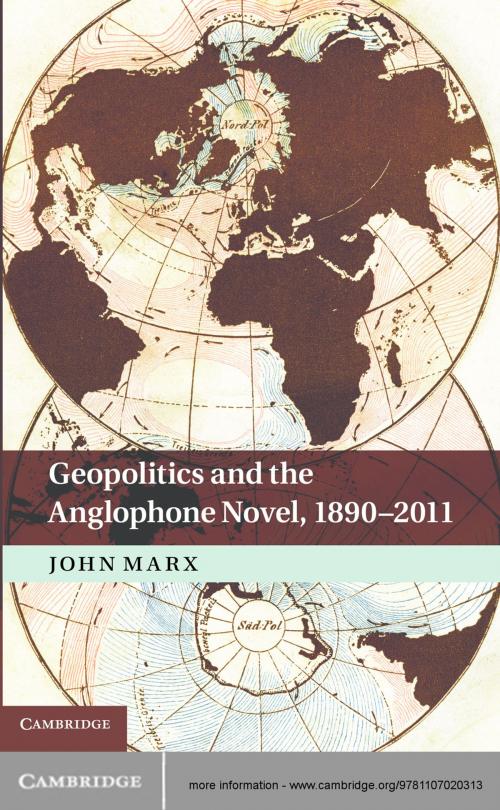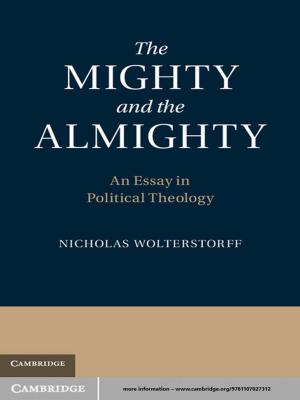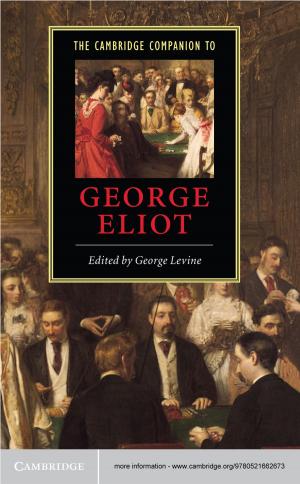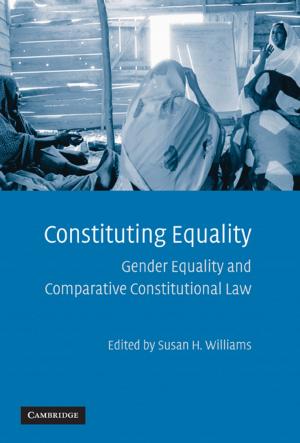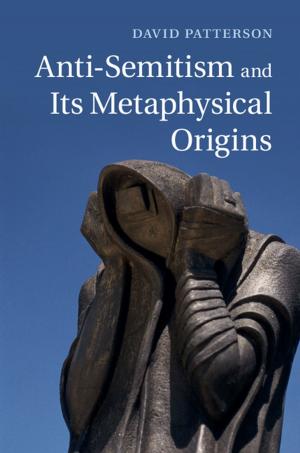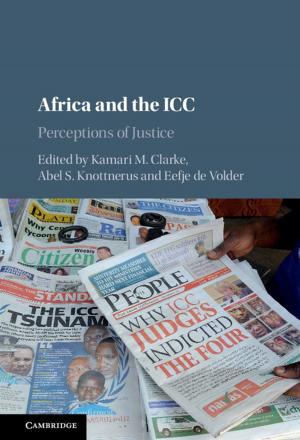Geopolitics and the Anglophone Novel, 1890–2011
Fiction & Literature, Literary Theory & Criticism, British| Author: | John Marx | ISBN: | 9781139366328 |
| Publisher: | Cambridge University Press | Publication: | April 5, 2012 |
| Imprint: | Cambridge University Press | Language: | English |
| Author: | John Marx |
| ISBN: | 9781139366328 |
| Publisher: | Cambridge University Press |
| Publication: | April 5, 2012 |
| Imprint: | Cambridge University Press |
| Language: | English |
Literary fiction is a powerful cultural tool for criticizing governments and for imagining how better governance and better states would work. Combining political theory with strong readings of a vast range of novels, John Marx shows that fiction over the long twentieth century has often envisioned good government not in Utopian but in pragmatic terms. Early-twentieth-century novels by Joseph Conrad, E. M. Forster and Rabindrananth Tagore helped forecast world government after European imperialism. Twenty-first-century novelists such as Monica Ali, Chimamanda Ngozi Adichie, Michael Ondaatje and Amitav Ghosh have inherited that legacy and continue to criticize existing policies in order to formulate best practices on a global scale. Marx shows how literature can make an important contribution to political and social sciences by creating a space to imagine and experiment with social organization.
Literary fiction is a powerful cultural tool for criticizing governments and for imagining how better governance and better states would work. Combining political theory with strong readings of a vast range of novels, John Marx shows that fiction over the long twentieth century has often envisioned good government not in Utopian but in pragmatic terms. Early-twentieth-century novels by Joseph Conrad, E. M. Forster and Rabindrananth Tagore helped forecast world government after European imperialism. Twenty-first-century novelists such as Monica Ali, Chimamanda Ngozi Adichie, Michael Ondaatje and Amitav Ghosh have inherited that legacy and continue to criticize existing policies in order to formulate best practices on a global scale. Marx shows how literature can make an important contribution to political and social sciences by creating a space to imagine and experiment with social organization.
